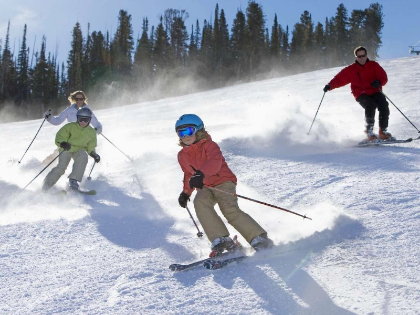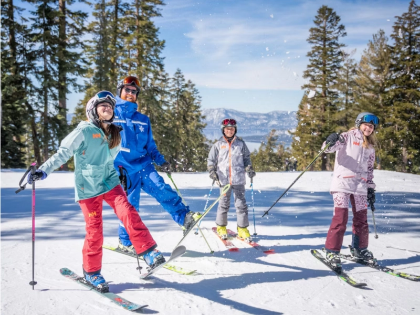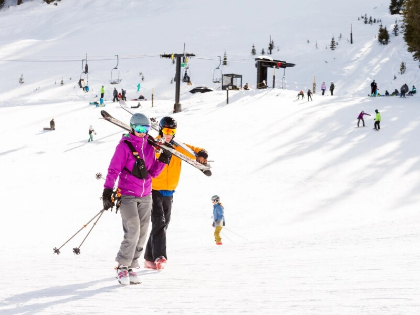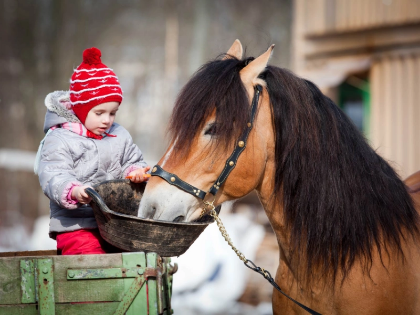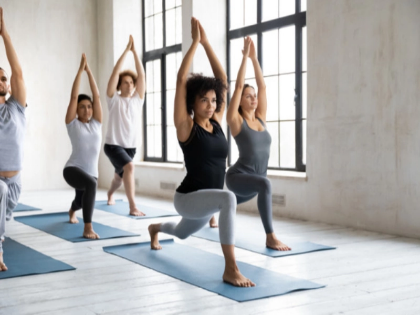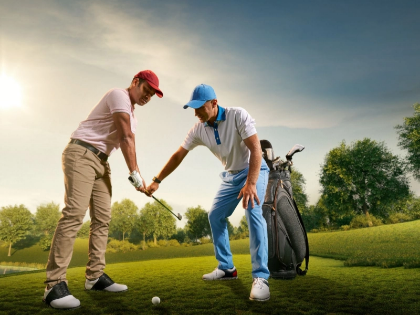Exercises for All Ages and Fitness Levels in Family Pilates
When they have free time, kids are addicted to their screens. It's a developing worry that might be harmful to their health. Pilates provides low-impact workouts that enhance balance, strength, and posture. Additionally, it can support athletic performance and assist avoid injuries. Wall that is suitable for families Pilates exercises are enjoyable for people of all ages and don't require a lot of room or expensive equipment!
Novices
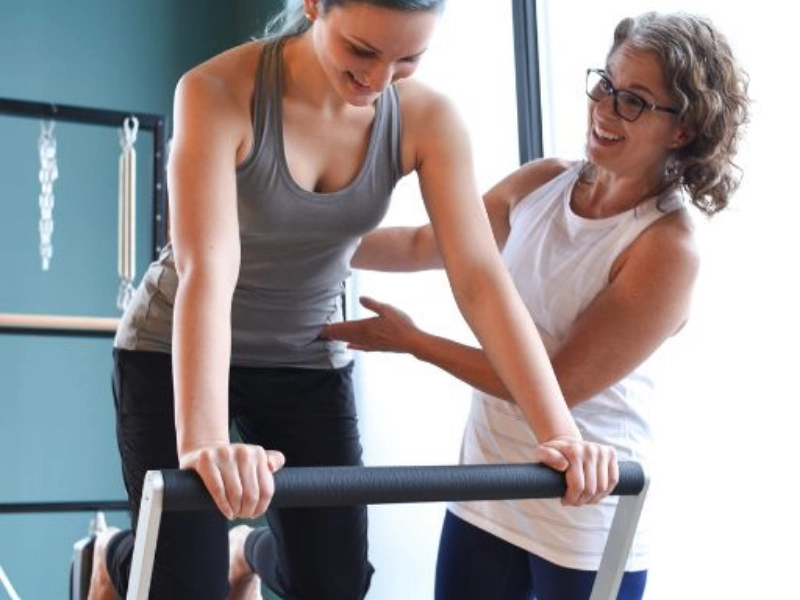
In between
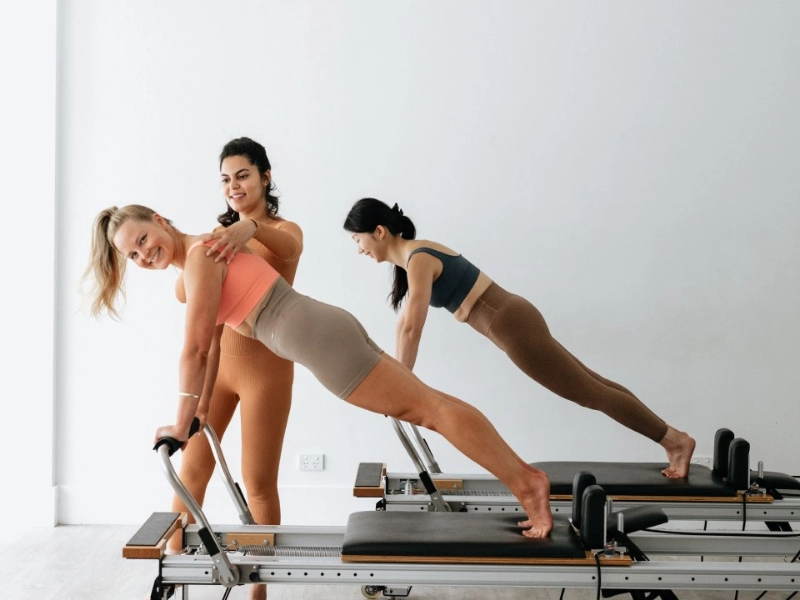 Pilates is a low-impact workout that tests your muscle power, flexibility, balance, and coordination. It also strengthens the core and encourages deliberate, deep breathing.
Pilates' focus on breath and good posture carries over into daily life. It can support symmetry, balance, and the capacity to keep one's core in when lifting or carrying large loads. It can help many women with dysmenorrhea, or pain related to the menstrual cycle.
A skilled teacher will lead pupils through appropriate form and technique. They will be able to modify exercises to suit all skill levels, offer advice when needed, and stress the value of accuracy and flow. Before enrolling in a group class or specialised program, a student might feel at ease in the studio and with the equipment by scheduling an individual session with several instructors.
Pilates is a low-impact workout that tests your muscle power, flexibility, balance, and coordination. It also strengthens the core and encourages deliberate, deep breathing.
Pilates' focus on breath and good posture carries over into daily life. It can support symmetry, balance, and the capacity to keep one's core in when lifting or carrying large loads. It can help many women with dysmenorrhea, or pain related to the menstrual cycle.
A skilled teacher will lead pupils through appropriate form and technique. They will be able to modify exercises to suit all skill levels, offer advice when needed, and stress the value of accuracy and flow. Before enrolling in a group class or specialised program, a student might feel at ease in the studio and with the equipment by scheduling an individual session with several instructors.
Progression
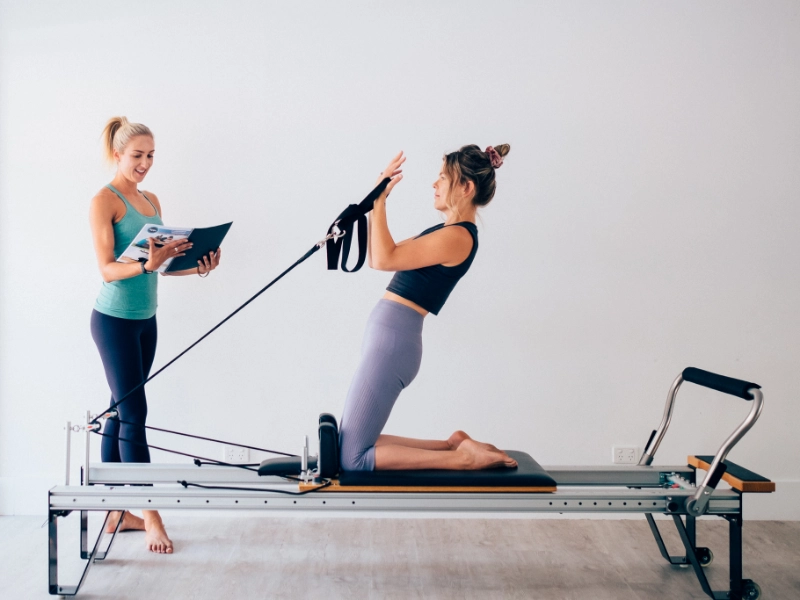 Pilates is a full-body, low-impact exercise that strengthens the core and enhances posture, flexibility, and balance. In addition to enhancing strength and endurance, the practice helps people perform other physical tasks longer without becoming tired as easily.
Pilates teaches children to focus their brains and manage their breathing, which can help them calm down when they're upset or annoyed. Children are also better able to comprehend and decipher the signals that their bodies are sending them thanks to this increased awareness.
Advanced sessions are demanding and fast-paced, with the expectation that students have a great deal of prior Pilates expertise. They involve the use of balls or barrels as props, as well as mat, reformer, and chair exercises. Kids who attend this class two or three times a week will be able to notice ongoing improvement as their muscles are challenged in various ways. Additionally, it will support children in forging a more robust mind-body connection that they may apply to their everyday lives.
Pilates is a full-body, low-impact exercise that strengthens the core and enhances posture, flexibility, and balance. In addition to enhancing strength and endurance, the practice helps people perform other physical tasks longer without becoming tired as easily.
Pilates teaches children to focus their brains and manage their breathing, which can help them calm down when they're upset or annoyed. Children are also better able to comprehend and decipher the signals that their bodies are sending them thanks to this increased awareness.
Advanced sessions are demanding and fast-paced, with the expectation that students have a great deal of prior Pilates expertise. They involve the use of balls or barrels as props, as well as mat, reformer, and chair exercises. Kids who attend this class two or three times a week will be able to notice ongoing improvement as their muscles are challenged in various ways. Additionally, it will support children in forging a more robust mind-body connection that they may apply to their everyday lives.
Teens
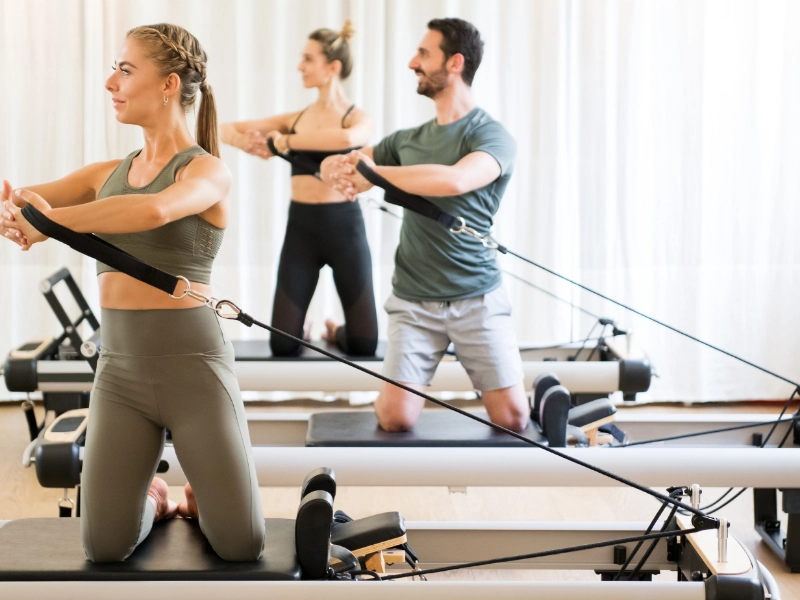 Children have different physical needs, especially when it comes to physical activity. They must be active, but they frequently struggle to find the motivation to do so, particularly as sedentary lifestyles become more and more prevalent. Kids may have a lot of fun and benefit from low-impact workouts like Pilates.
Pilates exercises help kids build stronger core muscles as well as improved balance and coordination. This is crucial for children since a lot of activities demand strong balance, particularly ones that involve sudden changes in direction or speed.
Pilates also helps with body awareness and self-esteem, which is another advantage. It also aids in stress management, teamwork, and maintaining academic focus. Youngsters also learn to be kind with their body by learning that it's acceptable to stop and regroup if they aren't enjoying an exercise or if it gets too strenuous. They develop self-regulation as a result, which they will apply to other aspects of their lives.
Children have different physical needs, especially when it comes to physical activity. They must be active, but they frequently struggle to find the motivation to do so, particularly as sedentary lifestyles become more and more prevalent. Kids may have a lot of fun and benefit from low-impact workouts like Pilates.
Pilates exercises help kids build stronger core muscles as well as improved balance and coordination. This is crucial for children since a lot of activities demand strong balance, particularly ones that involve sudden changes in direction or speed.
Pilates also helps with body awareness and self-esteem, which is another advantage. It also aids in stress management, teamwork, and maintaining academic focus. Youngsters also learn to be kind with their body by learning that it's acceptable to stop and regroup if they aren't enjoying an exercise or if it gets too strenuous. They develop self-regulation as a result, which they will apply to other aspects of their lives.

